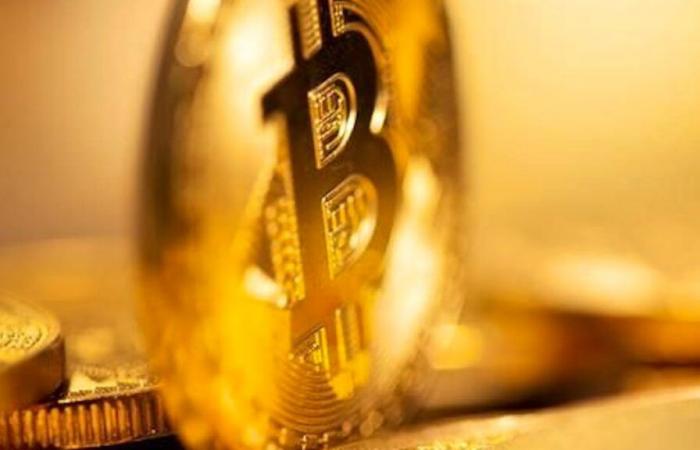More than fifteen years after its invention, the authorship of bitcoin remains controversial. The principles of this virtual currency were revealed on October 31, 2008 in the “White Paper”, a nine-page document signed by a certain Satoshi Nakamoto. He theorizes that “making online payments directly from one third party to another would avoid going through a financial institution.” And to free ourselves from central banks, traditionally the only ones authorized to create money.
Who was Satoshi? Is this a real name or the pseudonym of one or more individuals? Various hypotheses have been put forward over the years, but the mystery remains. Craig Wright, an Australian computer scientist and entrepreneur, claimed to be the inventor of bitcoin. But the claim was undermined: in March, a British judge ruled that the Australian was not the creator of the famous cryptocurrency, citing “overwhelming evidence” against him at the end of a trial. opponent of a sectoral association.
Since its creation, bitcoin has attracted criticism because it is the currency of choice for paying on the “darknet”, a parallel network which guarantees anonymity, without leaving traces. Regularly accused of being used to launder criminal money, it also allows funds to be extorted via ransomware attacks, viruses that block access to victims’ computer systems in exchange for the payment of a ransom.
According to a report from the analysis firm Chainanalysis, in the first half of 2024, $460 million was paid for this ransomware, a figure up 2% year-on-year. This adds to the reputation for volatility of the cryptocurrency sector, shaken in recent years by the fall of several star entrepreneurs and high-profile bankruptcies.
Although many investors in bitcoins are for speculative purposes, the cryptocurrency has received signs of respectability in recent years. The American financial regulator even approved in January a new type of investment, indexed to bitcoin, which allows a wider public to invest indirectly in cryptocurrency, without having to hold it directly. This decision largely contributed to the surge in prices.
In September 2021, El Salvador was the first country in the world to adopt it as one of its legal currencies. But cryptocurrency has not convinced the population. The return of Donald Trump to the White House could accelerate the trend towards normalization. The Republican has in fact committed to making the United States “the world capital of bitcoin and cryptocurrencies”.
Bitcoin is based on blockchain technology, a virtual ledger that allows information to be stored and exchanged in a secure, reliable and unmodifiable manner. Each transaction is recorded in real time, in a tamper-proof register. Bitcoin is created – or “mined” – as a reward when powerful, and therefore energy-intensive, computers solve complex problems. “Miners” are those who contribute to the creation of blockchains by validating transactions. To prevent an uncontrolled explosion, Satoshi Nakamoto limited the maximum number of bitcoin units that can exist in the world to 21 million (a level that is expected to be reached around 2140).






